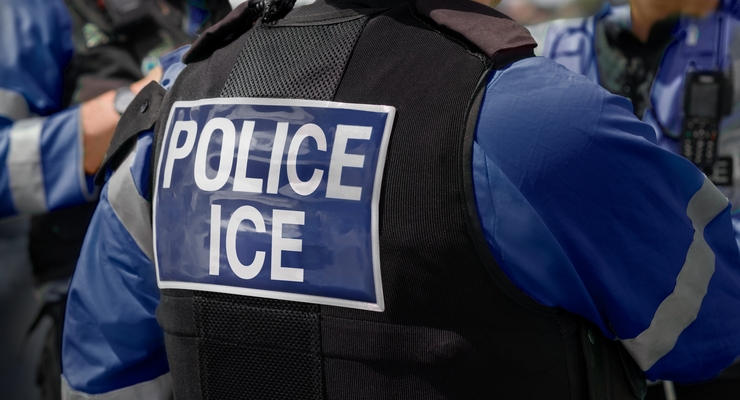
“The incarceration of Japanese Americans reminds us what happens when racism, fear and xenophobia go unchecked,” Biden added. “As we battle for the soul of our nation, we continue to combat the corrosive effects of hate on our democracy and the intergenerational trauma resulting from it.”
Shortly after the nation entered World War II after the attack on Pearl Harbor, Masuda’s parents, Sam and Alice, were among thousands of Japanese Americans rounded up and held in “relocation centers” until the war ended under executive order 9066, signed 81 years ago on Sunday by President Franklin D. Roosevelt.

“Putting American citizens in internment camps was just shameful,” Masuda told Pasadena Now on Sunday. “I think there were a lot of lessons learned from it. The Japanese lost a lot – homes, education, businesses and time. And you can’t get that time back.”
“People were homeless when they were released. It was a very difficult period. Still, we have to go on and we have to be better and try to make a difference.”
After encouraging voluntary evacuation by Japanese Americans from a limited number of areas, on March 29, 1942, under the authority of Roosevelt’s executive order, the military issued Public Proclamation No. 4, which began the forced evacuation and detention of Japanese-American West Coast residents on a 48-hour notice.
Failure to comply was punishable by up to one year in prison and a $5,000 fine.
In the next six months, approximately 122,000 men, women, and children were forcibly relocated to internment camps.
“The wrongful internment of 120,000 Americans of Japanese descent tore families apart,” Biden said. “Men, women and children were forced to abandon their homes, their jobs, their communities, their businesses and their way of life. They were sent to inhumane concentration camps simply because of their heritage.”
In early 2022, Biden signed a bill that designated a former internment camp site in Colorado as a national historic site. The site, where more than 10,000 people were detained, now includes a cemetery, a monument and reconstructed structures from its time as an internment camp.














 509 comments
509 comments


